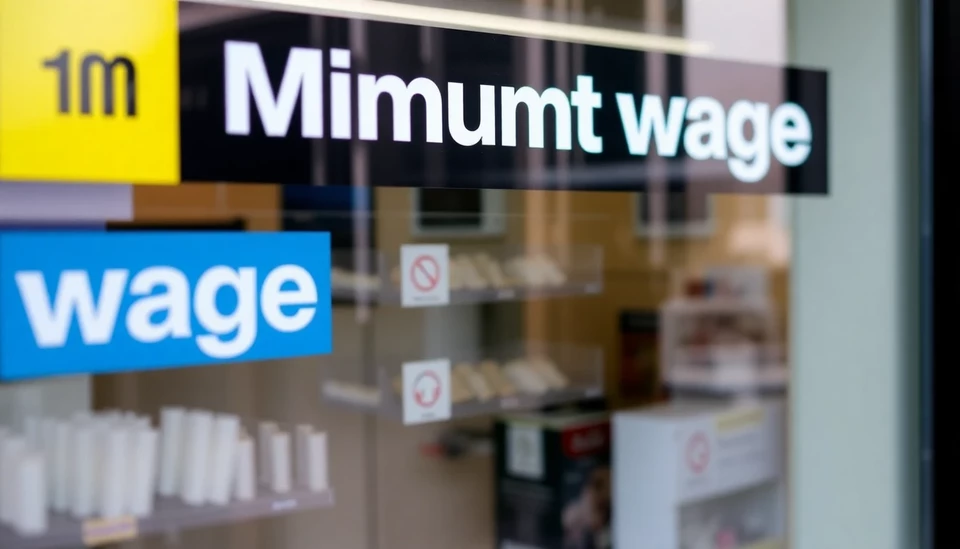
In a surprising turn of events, recent modifications to official statistics have led to a significant increase in Britain's minimum wage. This change, which has ignited discussions among economists and policymakers, comes amidst ongoing debates over the cost of living and economic recovery in the United Kingdom.
The adjustment to the data, which initially caused confusion and concern among analysts, has now been clarified, allowing for a revision in the figures used to determine wage levels. As a result, the minimum wage has been elevated, benefiting millions of low-income workers nationwide.
Initially, the statistics in question were deemed faulty, leading many to question their reliability and the true state of the economy. However, subsequent examination and recalibration of the data have led to newfound confidence in the figures, paving the way for the wage hike. This revision is expected to alleviate some financial pressures on households struggling to make ends meet amid rising inflation and living costs.
The increases in minimum wage are seen as a pivotal move towards enhancing the standard of living for the working class. The government has emphasized that this decision aims to create a more equitable workforce, addressing the disproportionate impact of economic challenges faced by the lowest earners.
Critics, however, argue that while the wage rise is a positive step, it could have unintended consequences on employment levels and business operations, particularly within small enterprises that may struggle to absorb increased wage costs. The debate over potential impacts continues as stakeholders from various sectors weigh in on the issue.
Looking ahead, workers and advocacy groups remain hopeful that the increase in minimum wage will further catalyze policy changes aimed at supporting low-income families. With ongoing discussions around the necessity for a livable wage, this change marks a significant moment in Britain's economic landscape.
As the nation braces for the implementation of these new wage standards, all eyes will be on the subsequent economic indicators to gauge the true effect of this increase on Britain's workforce and economy at large.
In conclusion, the recalibration of faulty statistics leading to an increase in Britain's minimum wage reflects the dynamic nature of the economy and the ongoing necessity for vigilance in statistical reporting. The move may serve as a harbinger of further adjustments to wage policies in the near future as the government continues to navigate the challenges posed by a changing economic environment.
#MinimumWage #UKEconomy #LivingWage #EconomicPolicy #StatisticsAdjustment #CostOfLiving #WorkersRights
Author: Laura Mitchell




